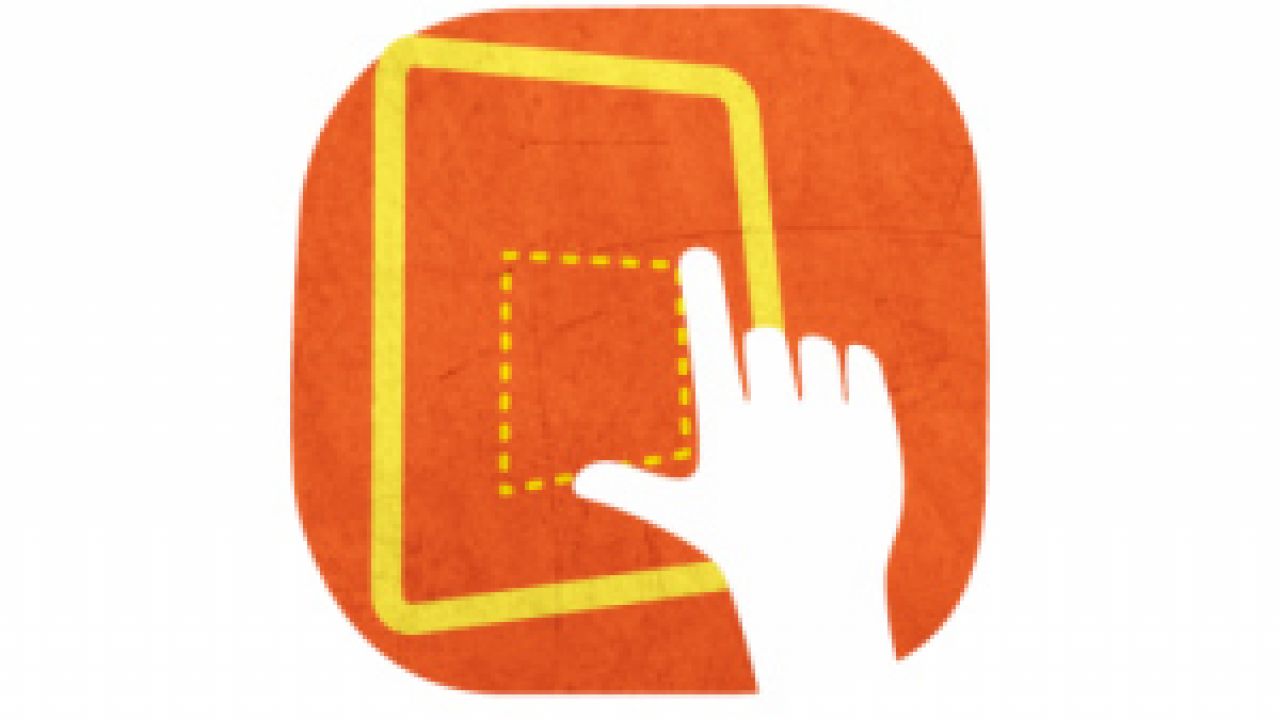Red Bee Media has a new client in the form of Ginx TV, a soon-to-launch channel dedicated to programming about gaming.
In researching for the pitch, it became very clear, very quickly, how popular gaming is in the UK. Some 73% of people play, when you include the likes of Wii and games on your mobile. And this popularity translates into money, as the gaming industry apparently makes more money than Hollywood. Indeed, an example of its financial clout was reported in the last month when Microsoft announced that Halo Reach took $200m in its first 24 hours. (The Dark Knight is the highest grossing movie in its opening weekend, with $158 million).
So, whether it’s the Sing Star on the Wii, the new Sony Move or traditional thumb-busting games like FIFA 2011, what’s interesting is how the growth of computer games will help change the relationship that people have with their televisions. The change being from a traditional “passive” one to an increasingly “interactive” one. In fact, Seven Days on Channel 4 can be seen to borrow a lot from the gaming world, as viewers are encouraged to interact with the show’s participants online, offering advice and guidance. Another example that could borrow from the gaming world could be “unlocking” new content if enough people like it on Facebook. Such interactive programme ideas will be mirrored by an increase in interactivity at a platform level with the imminent launch of YouView and the next generation services from Sky and Virgin.
As an increasing proportion of things that happen on your 42” screen in the corner move from being a passive experience to an active one, what will that mean for the traditional linear TV experience? Will leaning back and watching a crime drama be seen as a quaint throwback to a former time alongside “when there were only 5 channels”? Or will the linear players be on the front foot and sell the experience as an interrupted luxury in the same way as cinema? Framing and positioning the traditional TV experience in an increasingly interactive TV world will be an interesting exercise. Hopefully they won’t forget one of the joys of watching television – lying on the sofa and doing absolutely nothing.
Jonathan Wise, Planning Director

